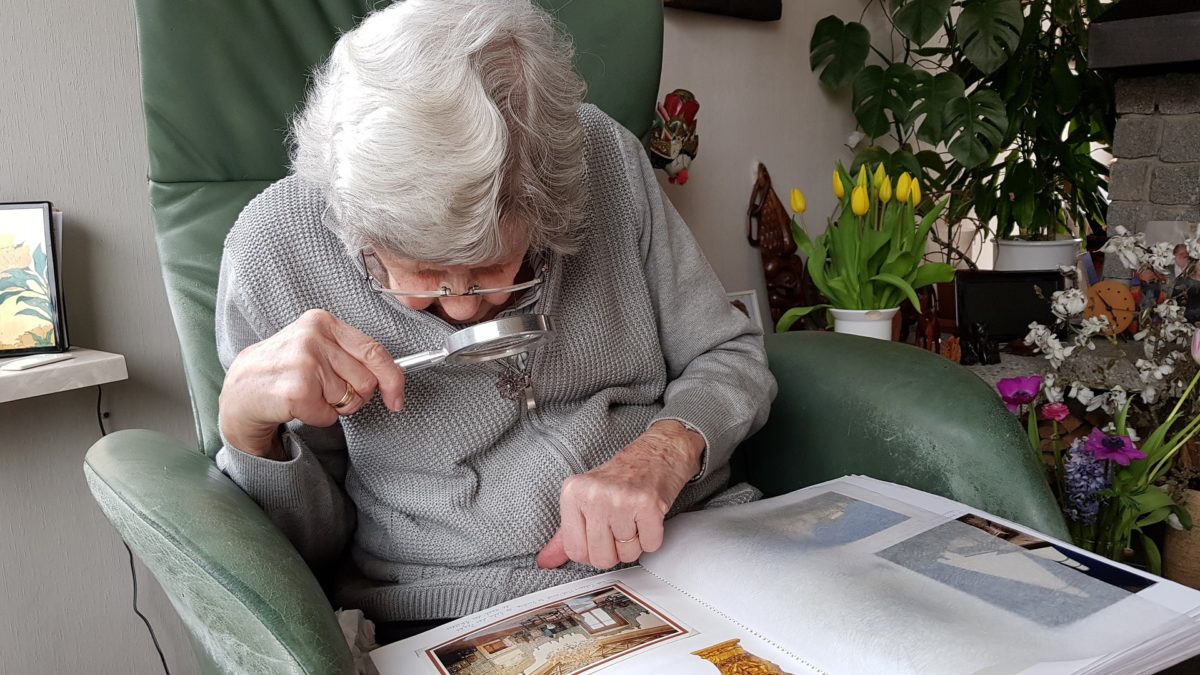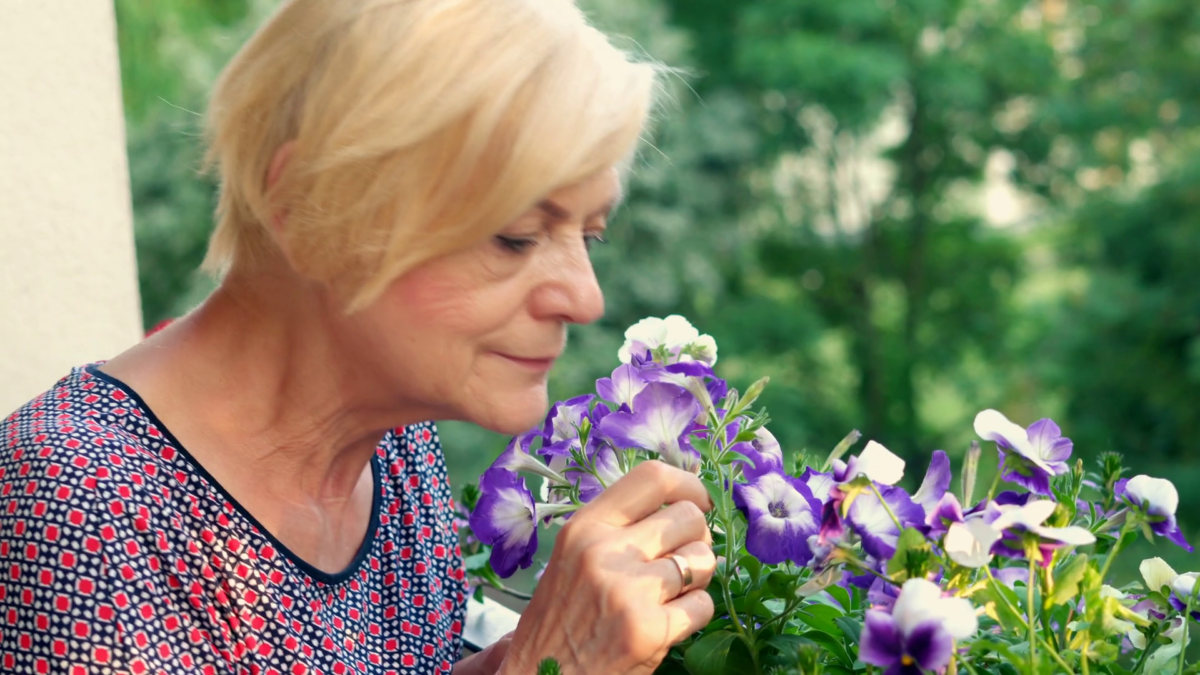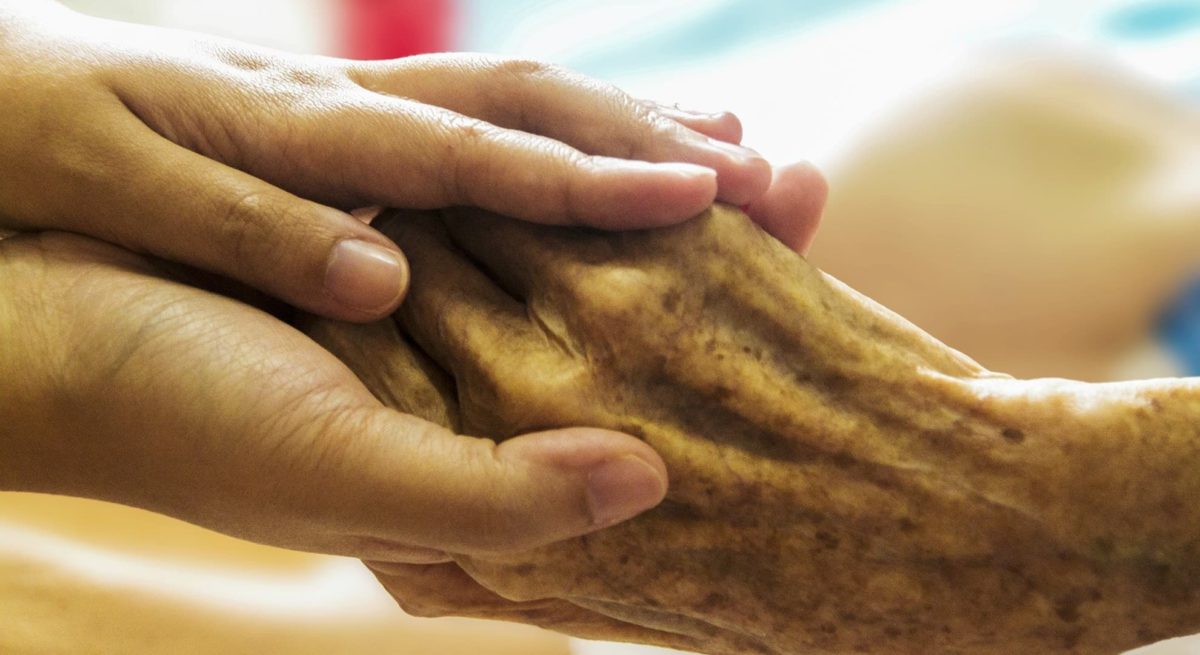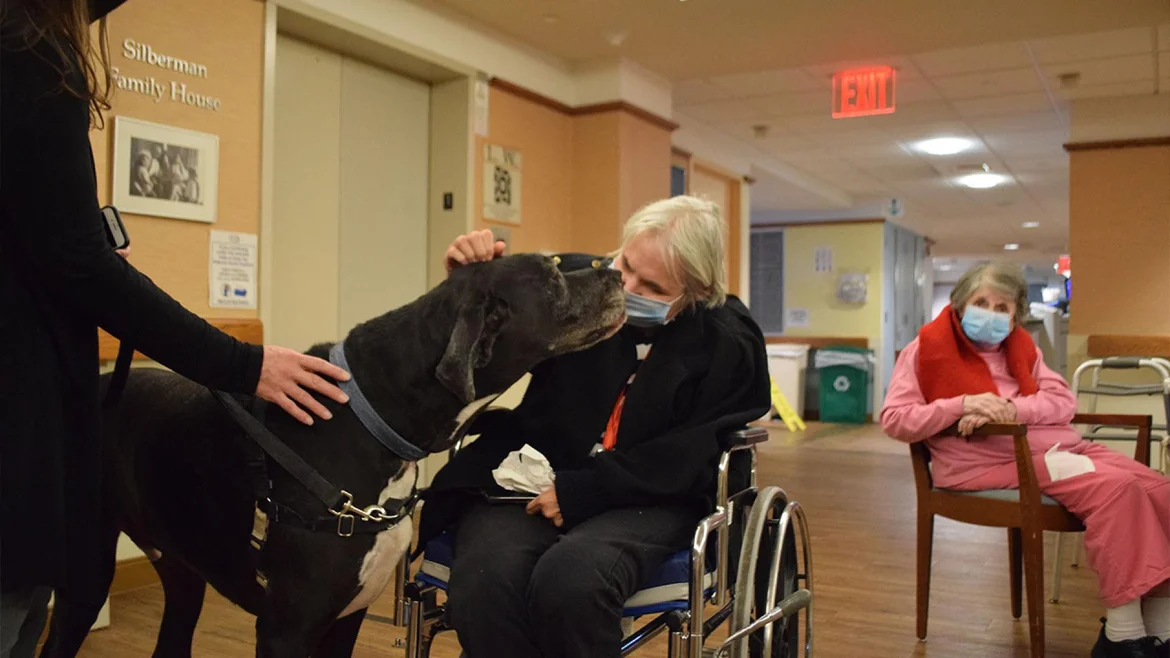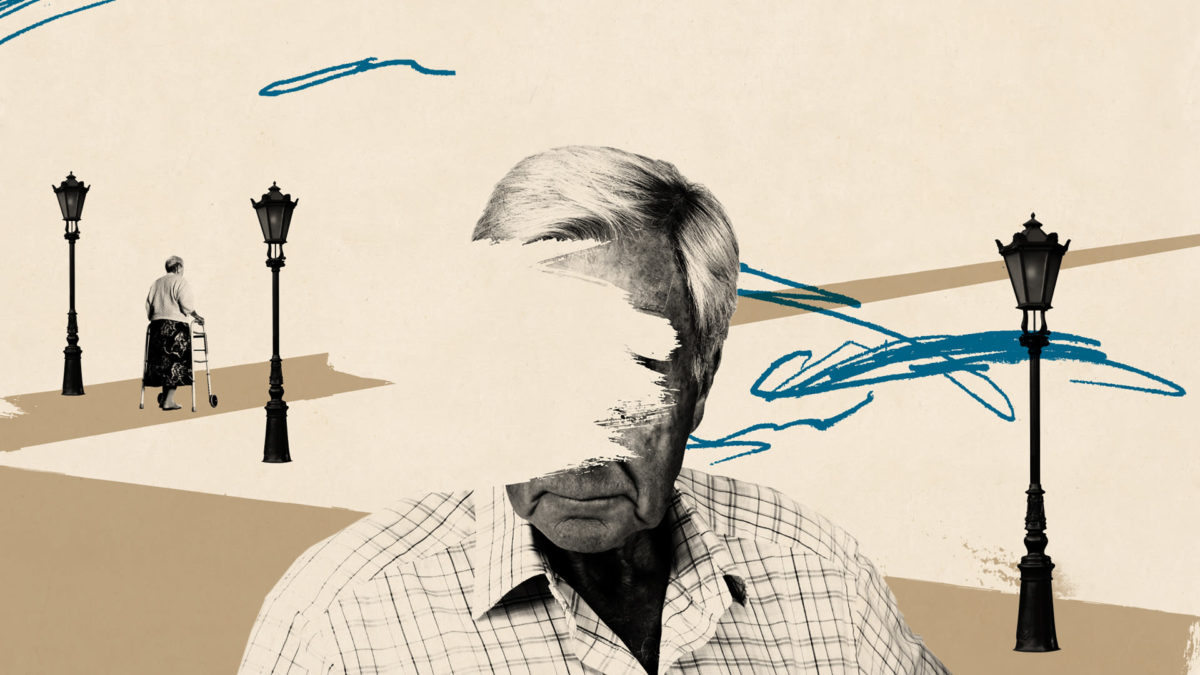“My mom has always had bad vision, but it has become weaker and weaker in the past few years. Now, she’s legally blind. I feel bad for her since she enjoys exploring the beauty of nature, but now she’s even having trouble doing housework due to her vision loss. I can tell that she’s getting depressed because she feels that she’s losing part of the joy in her life. What can I do to make her feel happy, and have a better quality of life?”
This is a message we received from a desperate daughter. As we mentioned in our previous blog post, “How to Take Care of Your Loved Ones with Loss of Smell and Taste”, ) we know that sensory deprivation can greatly decrease one’s quality of life and lead to more symptoms. So, today we are going to focus on how to improve the quality of life of your loved one with vision impairment.
Vision loss can be a very gradual process, so it is vital to identify it when your loved one starts to show the following signs:
-
Finds it harder to focus on things
-
Accidentally bumps into things or knocks objects over
-
Stop doing activities that requires vision, such as reading or writing
-
Finds it harder to find nearby items
-
Constantly falls, or has trouble walking
All the above signs can be detrimental to your loved one’s mental health and lquality of life. However, there are ways for you to save your loved one from suffering.
Caring Tips for Seniors with Vision Impairment
-
Good Lighting
Make sure the area that your loved one normally stays around is well-lit. Counter lighting would be a good choice given that it won’t take up too much space in your house. Make sure the light isn’t too dim, but not too bright either, so it won’t hurt yours and your loved one’s eyes.
-
Minimize Fall Risks: Install Grab Bars, Stair Lights, Remove Unnecessary Items
People with vision impairment have more chances of falling. So, it is important to remove all unnecessary items, such as electrical cords on the ground. It’d also be helpful to install grab bars along the stairs, and you can add stair lights to illuminate the way so the risk of falls drastically decrease. If your loved one has some level of dementia or memory problems, it’s better to reorganize the furniture to make the house easy to navigate.
-
Make the Best Use of Contrasting Colors
Decorating your home in contrasting colors is especially helpful if your loved one likes to move around in the house, or perform tasks that have the potential to hurt them. For example, to prevent your loved one from cuting their fingers, you can purchase knives in bright colors and a dark cuting board so your loved one can distinguish.
-
Labeling
In our blog post, “How To Take Care of Your Loved Ones With Loss of Smell and Taste” , we have talked about how labeling is important for food safety. It is especially important for someone with vision impairment or vision loss . Making a larger label of names and expiration dates on foods and medications can help prevent food poisoning and overdoses. You will be surprised at how a single step can make a significant difference.
You can also do the same thing with your loved one’s personal hygiene products, and condiments in your kitchen. Just make the name on the object visible enough so your loved one can’t ignore it.
-
Provide Mental Support
Whoever suffers from vision impairment can lose their independence and quality of life, and depression, anxiety, withdrawal, and inactivity can all be side effects of vision loss for some people. So, it is important to help your loved ones with acceptance and strive for better entertainment for them. There are several forms of entertainment for people withvision impairment, which we will discuss below. Hopfully it will inspire you on the way to help your loved one live comfortably.
Entertainment for Seniors with Vision Impairment
-
Let’s Go Audio!
It is time to turn all visual entertainment into audio. You can download audiobooks online for your loved ones, such as Audible by Amazon. Or, use the Audio Description Project (ADP) that’s made by the American Council of the Blind. On ADP, you can access tons of TV shows, speeches, and even podcasts to museums.
-
Games
Remember when we talked about how games can be beneficial to seniors? There are games such as Bingo and Trivia that don’t require strong vision, but also good entertainment as well. If you haven’t seen our blog post on that, go check it out Best Brain Games for Seniors). It is a very good way to improve your loved one’s quality of life, and strengthen family bonds if you join in!
-
Enjoy Fragrances
Sometimes, when one sense weakens, other senses heighten! Getting your loved one involved in activities that can stimulate the sense of smell such as gardening and aromatherapy, which can greatly help them reduce stress and agitation. Enjoying natural fragrances can even help seniors to manage pain and fight against viruses. Candle making is also a good activity for seniors – it will not only relieve tension for your loved one but also give him or her a sense of accomplishment when they finish it.
References:
https://www.agingcare.com/articles/making-life-easier-for-older-adults-with-low-vision-177792.htm
https://www.agingcare.com/articles/hobbies-for-blind-and-low-vision-seniors-429359.htm

